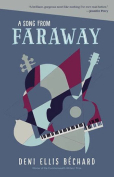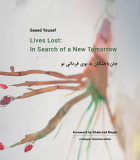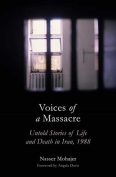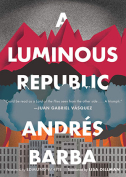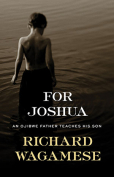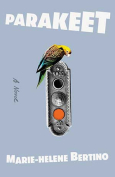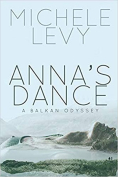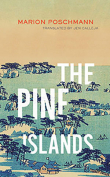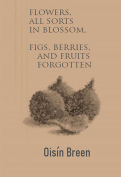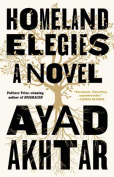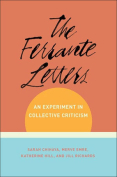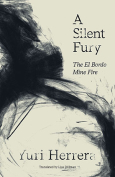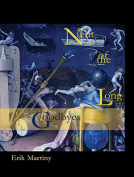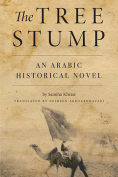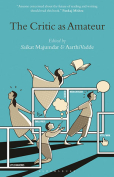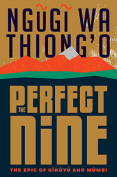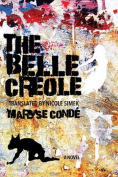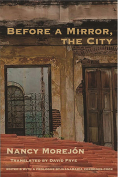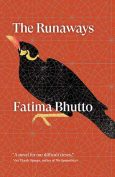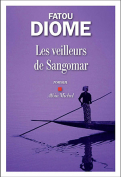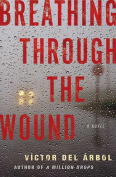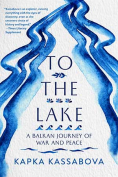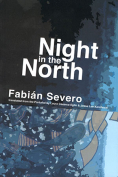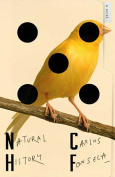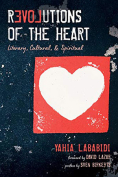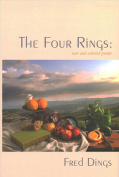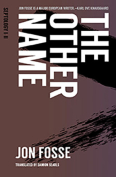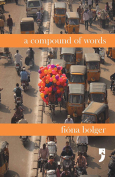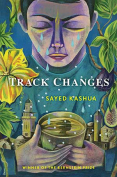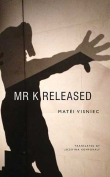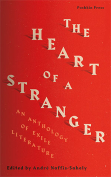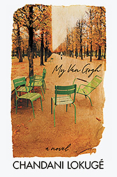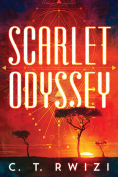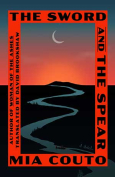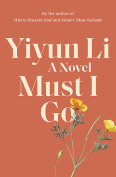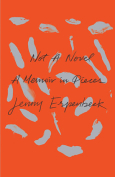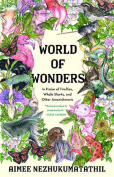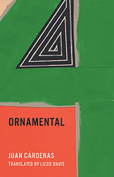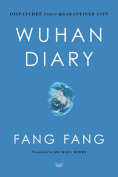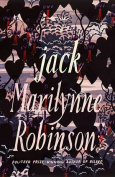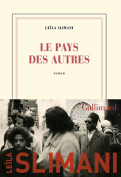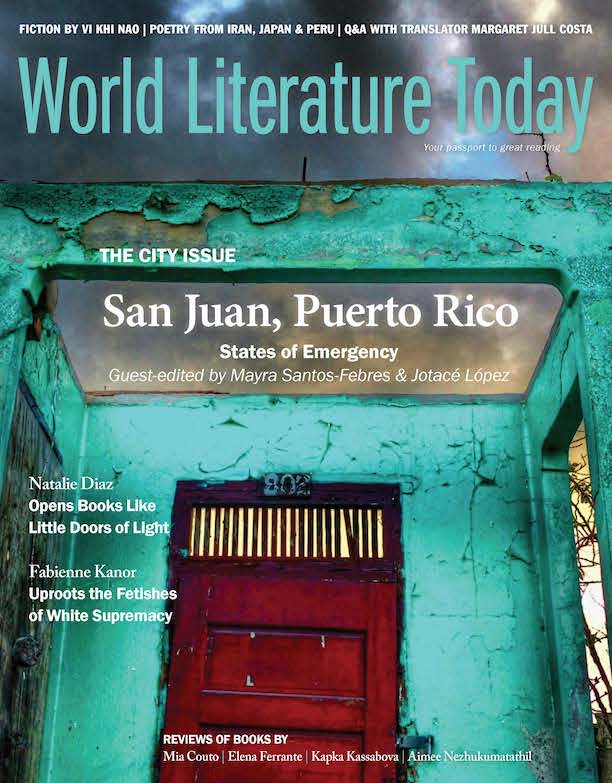For Joshua: An Ojibwe Father Teaches His Son by Richard Wagamese
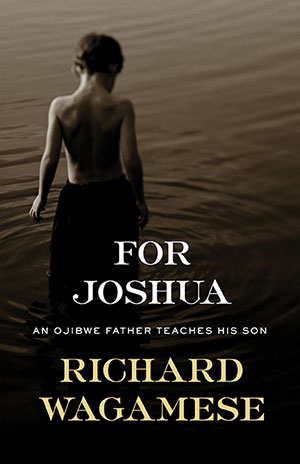 Minneapolis, Minnesota. Milkweeed Editions. 2020. 205 pages.
Minneapolis, Minnesota. Milkweeed Editions. 2020. 205 pages.
FIRST PUBLISHED BY Doubleday Canada in 2002, For Joshua’s posthumous release as the first US edition of the late, renowned Ojibwe author Richard Wagamese’s (1955–2017) memoir is timely. Winner of numerous awards and best known for his novel Indian Horse, which won the 2013 People’s Choice award for Canada Reads, Wagamese wrote this text as a letter to his then-estranged six-year-old son. For Joshua not only powerfully describes Wagamese’s individual journey in life as an Ojibwe man, it also conveys universal truths about First Nations/American Indian traditional ways to which most readers have no access. What Wagamese says of traditional stories is also true of his own, which “act as guides to our selves.”
While some traditional Native readers might take exception to Wagamese using his vision quest, a traditional four-day fasting ceremony, as a frame for this story, and perhaps object as well to his revealing details of a sweat lodge ceremony in a way that borders on a “how-to” guide, the lessons he shares from these experiences as well as his other life experiences are sorely needed in today’s world.
Wagamese’s life was more challenging than most. Born into a traditional family, his first home, a canvas tent on a trapline in the bush outside of Minaki, Ontario, Wagamese was taken from his parents at a young age and soon separated from his siblings, going from foster home to foster home before finally being adopted. Throughout these years, he was surrounded by non-Native people both at home and at school, teased and bullied, never given access to cultural knowledge or community; he only briefly had one Native friend, from whom he was separated when leaving his last foster home. Eventually running away, Wagamese ends up on the streets at a young age, developing a nearly lifelong problem with alcohol and having a number of run-ins with the law that resulted in periodic incarceration as a young man.
For those who will never spend four days on the land fasting under the tutelage of a Native ceremonial leader, Wagamese teaches some of the rich lessons that come from such a pedagogy—first, to love ourselves, “that you can never be less than who you were created to be. You never have to qualify . . . You just need to be.” He teaches us that “learning involves sacrifice” but that the “Creator placed the gift of Truth and Life” inside of each of us. These lessons lead us to live in the original way taught to us by our animal relatives—given a sacred responsibility by the Creator to never give up on us, as “good teachers never stop being teachers.” They also lead us to balance and being of “One Mind” with all of Creation, away from such destructive forces as greed, jealousy, judgment, anger, insecurity, and resentment.
Wagamese urges North American Indigenous readers to embrace the role of teacher and nurturer to our settler-colonial neighbors as “this land’s guardians” who “know how to honour this land” and thereby show others how to live on and with it. In this spirit, Wagamese conveys important life lessons to his son and, vicariously, to us, lessons worth learning if we hope to rebalance ourselves and the world in this Anthropocene era.
Kimberly Wieser
University of Oklahoma
